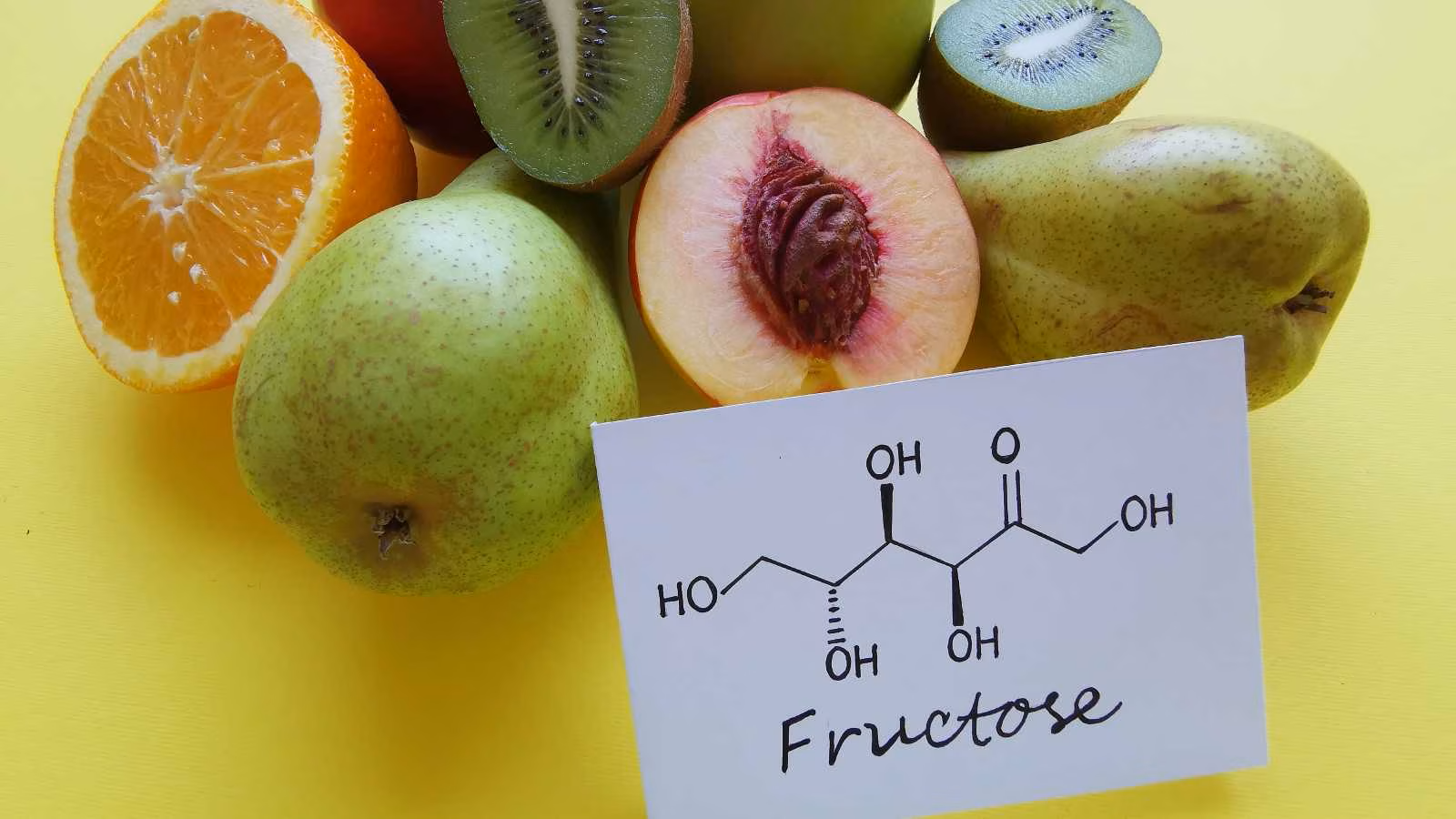The Role of Fructose in Human Nutrition: Is It Essential and Why?
Fructose, a naturally occurring sugar found in fruits, vegetables, and sweeteners, has been a subject of nutritional discussion. The question arises: Is fructose essential for humans? In this article, we delve into the intricacies of fructose’s role in human nutrition, examining its necessity, functions, and potential implications.
Understanding Fructose:
Fructose is a simple sugar, or monosaccharide, that, along with glucose, makes up table sugar (sucrose) and high-fructose corn syrup (HFCS). While glucose is a primary source of energy for the body’s cells, fructose is metabolized differently and is primarily processed by the liver.
Essential vs. Non-Essential Nutrients:
Essential nutrients are substances the body cannot produce on its own and must be obtained from the diet. Essential amino acids and certain vitamins are prime examples. However, fructose does not fall into this category. The human body does not require fructose for survival. Unlike essential nutrients, our bodies have the capacity to synthesize fructose from other dietary sugars if needed.
Functions of Fructose:
While not essential, fructose does serve certain functions within the body:
- Energy Source: Like other carbohydrates, fructose provides energy. It can be converted into glucose or stored as glycogen in the liver.
- Glycogen Replenishment: After intense physical activity or during recovery, fructose can aid in replenishing glycogen stores in the liver.
- Liver Metabolism: Fructose metabolism occurs primarily in the liver, where it can contribute to various biochemical processes.
Potential Concerns:
While fructose has its functions, excessive consumption can lead to potential concerns:
- Metabolic Health: High intake of added sugars, including fructose, is associated with an increased risk of obesity, type 2 diabetes, and other metabolic disorders.
- Liver Health: Excessive fructose consumption can strain the liver, potentially leading to non-alcoholic fatty liver disease (NAFLD).
- Cardiovascular Health: High fructose intake has been linked to adverse effects on blood pressure, cholesterol levels, and cardiovascular health.
Balanced Consumption:
It’s crucial to emphasize that the fructose found naturally in whole fruits comes with fiber, vitamins, minerals, and antioxidants that offer health benefits. Consuming whole fruits as part of a balanced diet can provide essential nutrients without the drawbacks associated with excess added sugars.
In the realm of human nutrition, fructose is not considered an essential nutrient. While it does play roles in energy provision and certain physiological processes, the body can function without it. However, understanding the implications of fructose consumption is vital. Opting for whole fruits and limiting added sugars can help harness the benefits of fructose while safeguarding overall health. As with any aspect of nutrition, moderation and informed choices are key.











